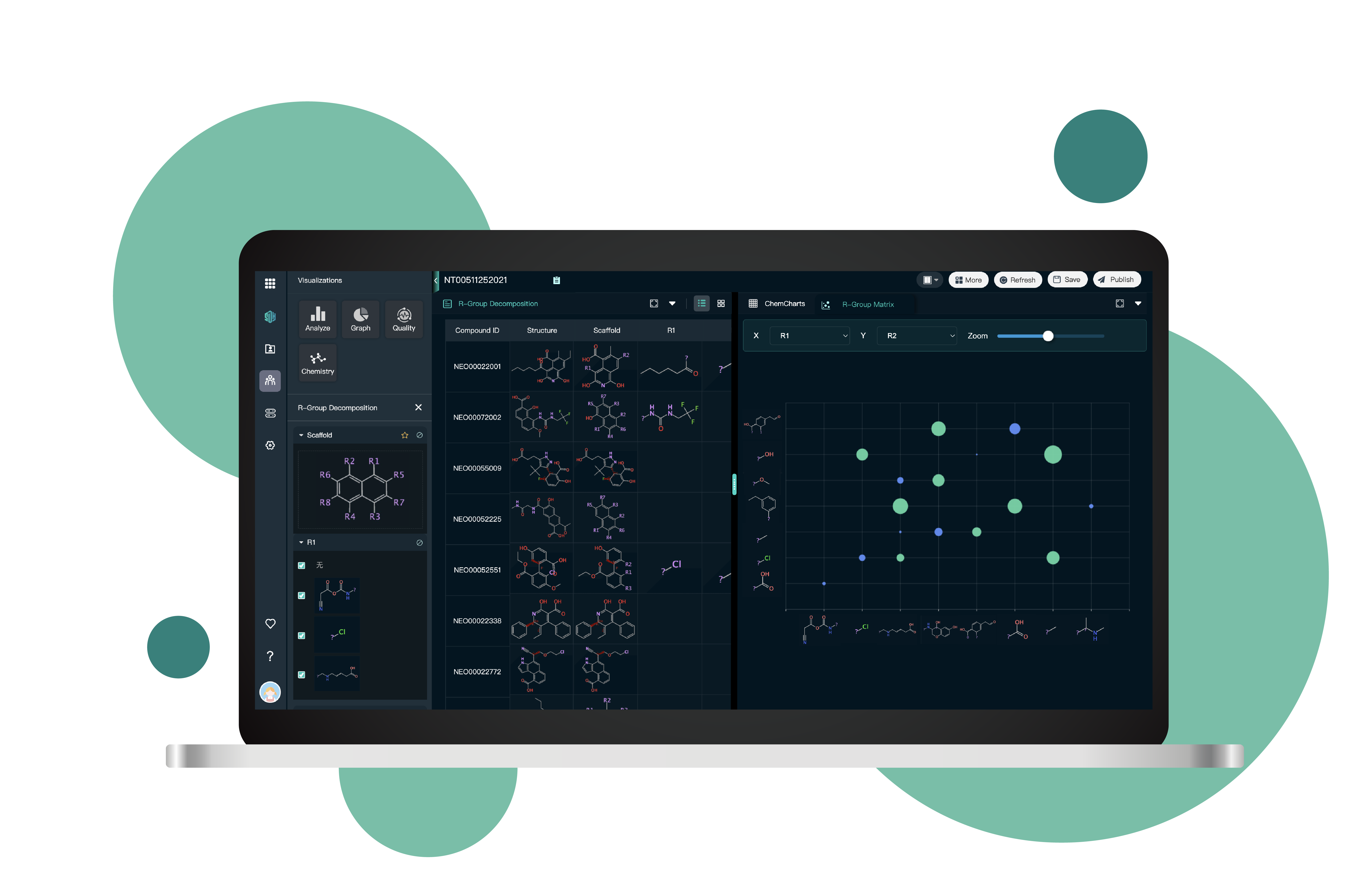Did you know that over 70% of scientific data collected globally is never analyzed or utilized? This staggering statistic highlights a significant gap in how we handle information, especially when it comes to regions like South America. With its rich biodiversity and unique ecosystems, understanding the scientific data hierarchy here can be a game-changer for researchers and businesses alike.
Diving into Neotrident: The Unique Features of Scientific Data Hierarchy in South America

When we talk about Neotrident—a term often used to describe the diverse range of species found in South America’s ecosystems—there are some fascinating characteristics worth noting:
Find more about Freezer Inventory management software.
- Diverse Ecosystems: From the Amazon rainforest to the Andes mountains, each ecosystem has its own set of data hierarchies based on species interactions, climate conditions, and geographical features.
- Cultural Influence on Data Collection: Local communities play a crucial role in gathering scientific data. Their traditional knowledge complements modern research methods, creating a richer dataset.
- Technological Advancements: The rise of mobile technology and satellite imagery has revolutionized how scientists collect and analyze ecological data across vast areas.
- The Role of NGOs: Non-governmental organizations are pivotal in promoting sustainable practices while also ensuring that valuable scientific data is preserved and shared with local stakeholders.
- Biodiversity Hotspots: Areas like the Pantanal wetlands serve as critical points for studying species diversity; thus, they require robust hierarchical frameworks for effective management and conservation efforts.
The Bottom Line: Understanding Scientific Data Hierarchy’s Impact on South America
The landscape of scientific data hierarchy in South America is complex yet incredibly vital. By recognizing its unique features—from diverse ecosystems to cultural influences—we can better appreciate how this region contributes to global science. As we move forward, leveraging these insights will not only enhance our understanding but also promote sustainable development throughout this vibrant continent!

